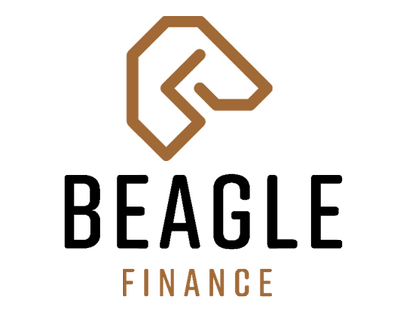Most people borrow against their home in order to buy it. That initial mortgage might be all you need – but when home improvements are required or debt becomes unmanageable then a secured loan can feel like the right move, even if it wasn’t part of the original plan.
In this guide, we’re stepping away from jargon and fine print. You’ll get a clear, realistic look at secured loans in the UK: what they are, how they work, and when they might (or might not) be a smart decision.
So, What Is a Secured Loan?
A secured loan is borrowing that’s backed by something you own, your home. You offer it as security to the lender, and in exchange, they offer a loan, that is often at a lower interest rate and cheaper than an unsecured one.
Why cheaper? Because the lender has a safety net. If you miss payments, don’t make an arrangement with them, continue to miss payments, then they can reclaim the money by selling the property if there is no other way of them recouping their money. This means you’re likely to be offered better interest rates, higher limits, and longer terms.
What People Use Them For?
Everyone’s situation is different, but common reasons include:
- Consolidating expensive credit card debt
- Paying for an extension or major home repairs
- Financing a business idea when traditional funding isn’t an option
It’s not about luxury holidays or new gadgets. These loans are for the big stuff that changes lives, improves your financial standing or keeps the roof intact.
How Does It Actually Work?
Let’s say you own a flat worth £200,000 and you still owe £100,000 on the mortgage. That gives you £100,000 in equity (the amount of the property you own completely). Depending on the lender, you might be able to borrow a percentage of that, say 75%, meaning an additional loan of up to £75,000.
Here’s the rough journey:
- You apply.
- The broker checks your credit, income, and property value.
- If approved, you get a loan offer with terms (interest rate, length, monthly repayment).
- Once accepted, the money is paid out.
- You repay it monthly, just like a mortgage.
Secured vs. Unsecured: Which One Makes More Sense?
| Secured Loan | Unsecured Loan | |
| Requires asset? | Yes | No |
| Loan size | Up to £500,000+ | Usually up to £25,000 |
| Interest rates | Lower | Higher |
| Who it’s for | Homeowners with equity | Those with strong credit |
If you need a quick small loan and you’ve got a decent credit score, unsecured might be fine. But if you’re looking at big borrowing over a long period, or the best possible rate, secured loans could save you a ton of interest.
Things You Can Use as Security
Your main residence isn’t the only thing lenders accept. There are options against investment properties such as a buy-to-let properties, even properties you are currently trying to sell.
Questions to Ask Before You Apply
You should have a think before you apply of your objectives (What do you want the loan to do?), you should think about your budget (What can you realistically afford as a repayment every month?) and you should think about the future (What are your short, medium and long term plans/goals?).
Don’t worry is you are not sure, an adviser will help you establish all of this information, highlight to you the options and guide you through any decision.
A Quick Word on Brokers
Good brokers can save you time, stress, and money. They often have access to deals that aren’t advertised publicly and can help present your application in the best light. Just make sure they’re regulated by the Financial Conduct Authority (FCA).
Final Thoughts
Secured loans can be genuinely useful. They help people unlock funding for big life moves or tackle financial challenges head-on. But they aren’t “easy money,” and they’re not without consequences.
If you’re unsure, take a beat. Speak to someone impartial. Weigh up other options. And never sign anything unless you’re crystal clear on what it means for your future.
Borrow smart, not fast. Your home and peace of mind are worth protecting.
